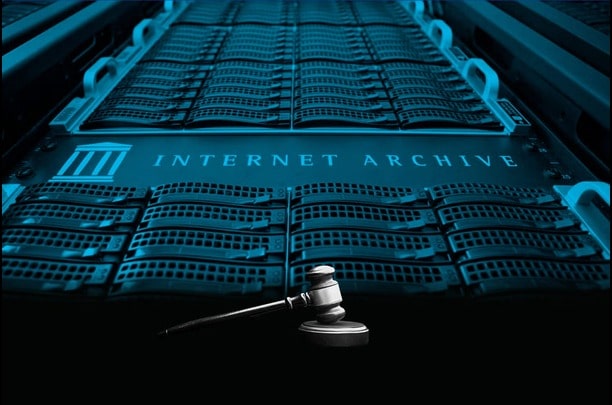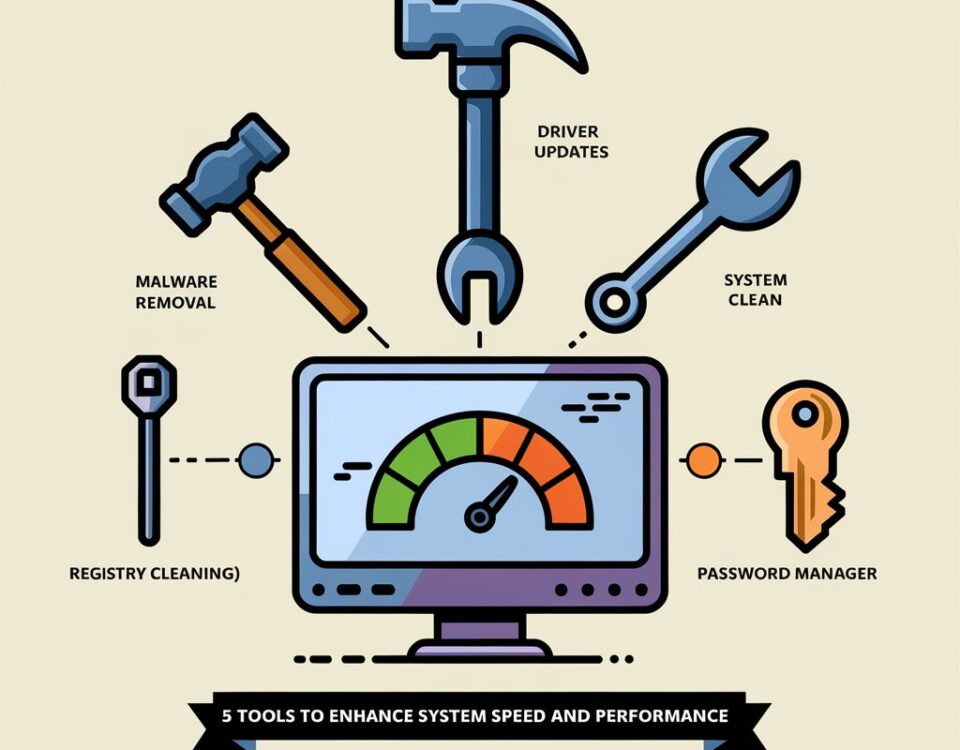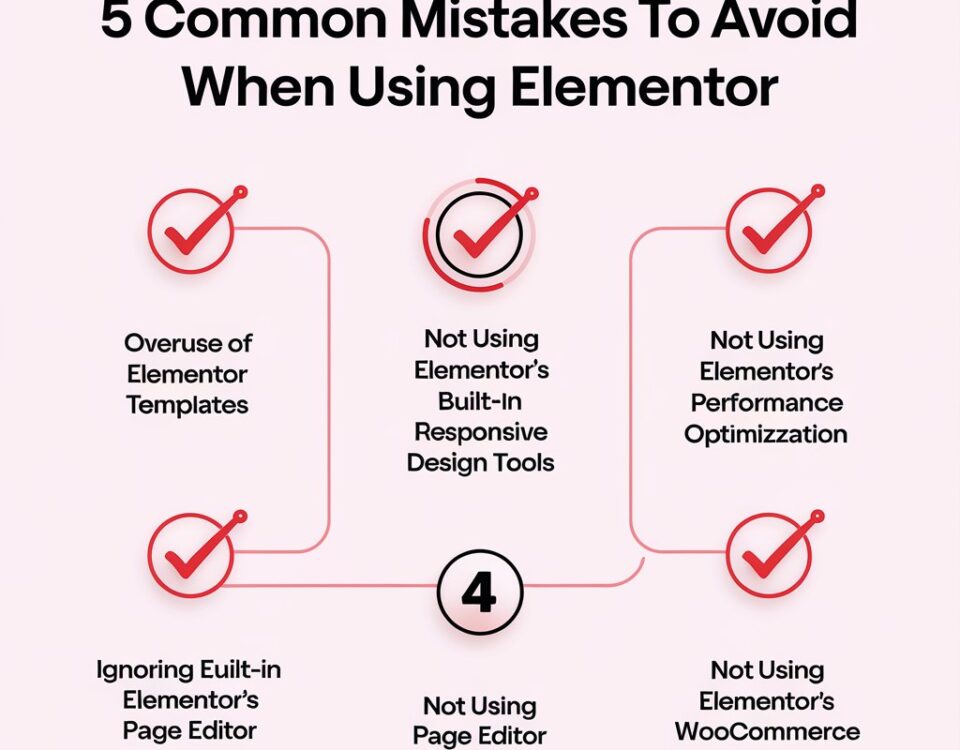The Internet is a constantly evolving landscape, where websites come and go, content gets updated, and sometimes, valuable information disappears forever. This dynamic nature of the web can be both an advantage and a drawback. However, the recent collaboration between Google and the Internet Archive marks a significant step forward in preserving the digital past. This article explores the significance of this collaboration, the benefits it brings to users, and the broader implications for digital preservation.
What is the Internet Archive?
The Internet Archive is a non-profit organization founded in 1996 with the mission of providing “universal access to all knowledge.” One of its most popular services is the Wayback Machine, a digital archive that allows users to see historical snapshots of web pages as they existed at different points in time. With over 750 billion web pages saved, the Internet Archive serves as a digital time capsule, preserving websites, digital books, music, videos, and other cultural artifacts that might otherwise be lost.
Google’s Role in Information Accessibility
Google, the world’s most popular search engine, has long been synonymous with information accessibility. The company’s algorithms and data indexing make it possible for users to find almost anything on the web. However, when a web page is delete or changed, it can become difficult to locate previous versions or outdated information that may still hold value.
Google and the Internet Archive Partnership
Recently, Google and the Internet Archive partnered to provide better access to archived web pages directly through Google search results. This collaboration marks the return of a feature that was once part of Google’s functionality but was remove in 2011 due to technical challenges and policy changes. With this integration, users can now see links to archived versions of web pages when searching for content that is no longer available online.
Key Features of the Collaboration:
- Direct Links to Archived Pages: When users search for a page that has been remove or updated, Google may display a link to the archived version from the Internet Archive’s Wayback Machine.
- Increased Web Transparency: This partnership enhances transparency by allowing users to access previous versions of a website, providing context and a more comprehensive understanding of changes over time.
- Support for Digital Preservation: By leveraging the Internet Archive’s extensive database, Google reinforces. Its commitment to making information accessible, even if that information is no longer host on the original server.
Benefits to Users
- Access to Discontinued Content: This collaboration ensures that even if a webpage has taken down or its content modified, users can still access its original version. This feature is particularly beneficial for researchers, journalists, and academics who often need to reference past content.
- Contextual Understanding: For topics that evolve over time—such as news stories, scientific research, or political discourse—being able to view previous versions of a webpage can provide valuable context and understanding of how information has changed.
- Combatting “Link Rot”: The term “link rot” describes the phenomenon where hyperlinks stop working over time as web pages are move or remove. By providing archived links directly in search results, Google and the Internet Archive help combat this problem, ensuring that valuable information remains accessible.
Implications for Digital Preservation
The partnership between Google and the Internet Archive has significant implications for digital preservation:
- Enhanced Digital Memory: The internet is often see as a transient space, where information can vanish without a trace. This collaboration challenges that notion by ensuring that once-public content remains accessible for future generations.
- Potential for Further Collaborations: The partnership could inspire similar collaborations between other tech companies and digital preservation organizations, potentially leading to a more robust and comprehensive digital memory.
- Legal and Ethical Considerations: While the collaboration is beneficial, it also raises questions about privacy and copyright. What happens when someone wants their content to be forgot? How do we balance public access to information with individual rights?
Challenges and Future Directions
While the Google-Internet Archive partnership is a step forward, there are several challenges to consider:
- Privacy Concerns: Some users may not want their deleted content archived and accessible indefinitely. Addressing these concerns without compromising the mission of digital preservation will be critical.
- Maintaining Archive Integrity: Ensuring that archived pages remain unaltered and authentic is another challenge. With misinformation and digital manipulation becoming more sophisticated, safeguarding the integrity of archived content will be crucial.
- Expanding Access: Currently, not all web pages are archive the Internet Archive. Expanding the scope of archiving efforts to include a broader range of content, including dynamic web pages, social media posts, and multimedia, will enhance the utility of the service.
Conclusion
The collaboration between Google and the Internet Archive represents a significant leap in preserving the digital history of the web. By providing easy access to archived content, this partnership benefits users, enhances web transparency, and supports the broader goal of digital preservation. As we move forward, continued efforts to balance accessibility, privacy, and legal considerations will be essential to building a more comprehensive and reliable digital archive.
Keywords: Google, Internet Archive, Wayback Machine, digital preservation, link rot, web transparency, archived content, digital memory.






